Running a successful business involves managing many tasks, both front office and back office. While front office operations like sales and customer service are visible, back office tasks such as data entry, accounting, and human resources are just as important. These tasks ensure smooth operations behind the scenes. However, managing back office functions can be time-consuming and costly.
This is where back office outsourcing comes in. Outsourcing these tasks allows businesses to focus on their core activities while leaving the supporting functions to specialized service providers. This not only saves time but also reduces costs. Companies can leverage the expertise of outsourcing partners to streamline their back office operations.
Back office outsourcing can significantly boost efficiency and productivity. By handing over routine tasks to experts, businesses can redirect their resources to strategic activities that drive growth. This leads to better resource allocation and overall improved performance.
Understanding Back Office Outsourcing
Back office outsourcing involves hiring an external service provider to handle various administrative and operational tasks that are not customer-facing. These services include data entry, payroll processing, human resources, accounting, IT support, and more. Companies often choose to outsource these tasks to focus on their core business activities.
One of the major reasons businesses opt for back office outsourcing is to reduce operational costs. Managing these tasks in-house can be expensive due to salaries, training, and infrastructure costs. Outsourcing, on the other hand, provides access to skilled professionals and advanced technology at a lower cost. This approach not only saves money but also ensures that tasks are handled efficiently.
Moreover, back office outsourcing provides flexibility. Companies can scale their operations up or down based on their needs without the hassle of hiring or laying off staff. This is especially useful for businesses experiencing seasonal demand fluctuations. By outsourcing back office functions, companies can enjoy streamlined operations and improved productivity.
Key Benefits of Back Office Outsourcing
Outsourcing back office functions comes with a range of benefits. Here are some of the main advantages:
1. Cost Savings: Outsourcing eliminates the need for full-time staff, office space, and equipment. This leads to a significant reduction in operational costs.
2. Access to Expertise: Outsourcing partners specialize in their respective fields. Companies gain access to experienced professionals who can manage tasks more efficiently.
3. Focus on Core Activities: By outsourcing routine tasks, businesses can concentrate on core functions like product development and customer service, driving overall growth.
4. Scalability: Outsourcing provides the flexibility to scale operations according to business needs. This is valuable for handling peak periods and growth phases.
5. Improved Efficiency: Outsourcing firms use advanced technologies and standardized processes. This leads to faster and more accurate task completion.
6. Risk Management: Outsourcing reduces risks related to compliance and regulation. Specialized providers stay updated on industry standards and ensure adherence.
7. Better Resource Allocation: Businesses can allocate their internal resources more effectively. This leads to improved overall performance and productivity.
By understanding and leveraging these benefits, companies can significantly improve their operational efficiency and focus on strategic growth.
Choosing the Right Outsourcing Partner
Selecting the right outsourcing partner is crucial for the success of back office outsourcing. Several factors need to be considered to ensure you choose a provider that aligns with your business needs.
1. Experience and Expertise: Look for a provider with a proven track record in the services you need. Experienced providers are more likely to deliver high-quality services and understand the nuances of your industry.
2. Technology and Tools: Ensure the provider uses advanced technology and tools. This will help in delivering efficient and accurate services, reducing the chances of errors.
3. Cost-Effectiveness: Compare pricing models of different providers. While cost savings are important, ensure that the quality of service is not compromised.
4. Security Measures: Check the provider’s data security practices. Since back office tasks often involve sensitive information, robust security measures are essential.
5. Cultural Fit: The outsourcing partner should align with your company culture and values. This ensures smoother communication and better collaboration.
6. Scalability: The provider should offer scalable solutions that can grow with your business. This is important for managing increasing workloads efficiently.
By considering these factors, you can select a reliable outsourcing partner that will help improve your back office operations.
Implementing and Monitoring Outsourced Services
Once you have chosen an outsourcing partner, the next step is implementing and monitoring the outsourced services. Proper implementation ensures that the transition is smooth and operations continue without disruptions.
1. Clear Communication: Establish clear communication channels between your business and the outsourcing partner. This helps in setting expectations and ensures that both parties are on the same page.
2. Define Key Performance Indicators (KPIs): Identify and set measurable KPIs to evaluate the performance of the outsourcing services. This includes metrics like turnaround time, accuracy, and customer satisfaction.
3. Regular Reviews: Conduct regular performance reviews with the outsourcing partner. This helps in identifying any issues and making necessary adjustments to improve efficiency.
4. Employee Training: Ensure that your employees are trained to work with the outsourcing partner. This improves coordination and helps in seamless integration of services.
5. Feedback Mechanism: Implement a feedback mechanism to gather input from both internal teams and the outsourcing partner. This helps in continuous improvement of the process.
By focusing on these aspects, you can ensure that the outsourced services are implemented effectively and monitored for continuous improvement.
Conclusion
Back office outsourcing is an effective strategy for businesses looking to improve their operational efficiency. By understanding the concept, recognizing the benefits, choosing the right partner, and monitoring the services, companies can ensure smooth and efficient operations. Outsourcing allows businesses to focus on their core activities while experts handle the routine tasks.
MCI provides expert staffing outsourcing solutions tailored to your needs. Our team is dedicated to helping you achieve greater efficiency and drive business growth. Contact MCI today to learn how we can support your back office operations.





















